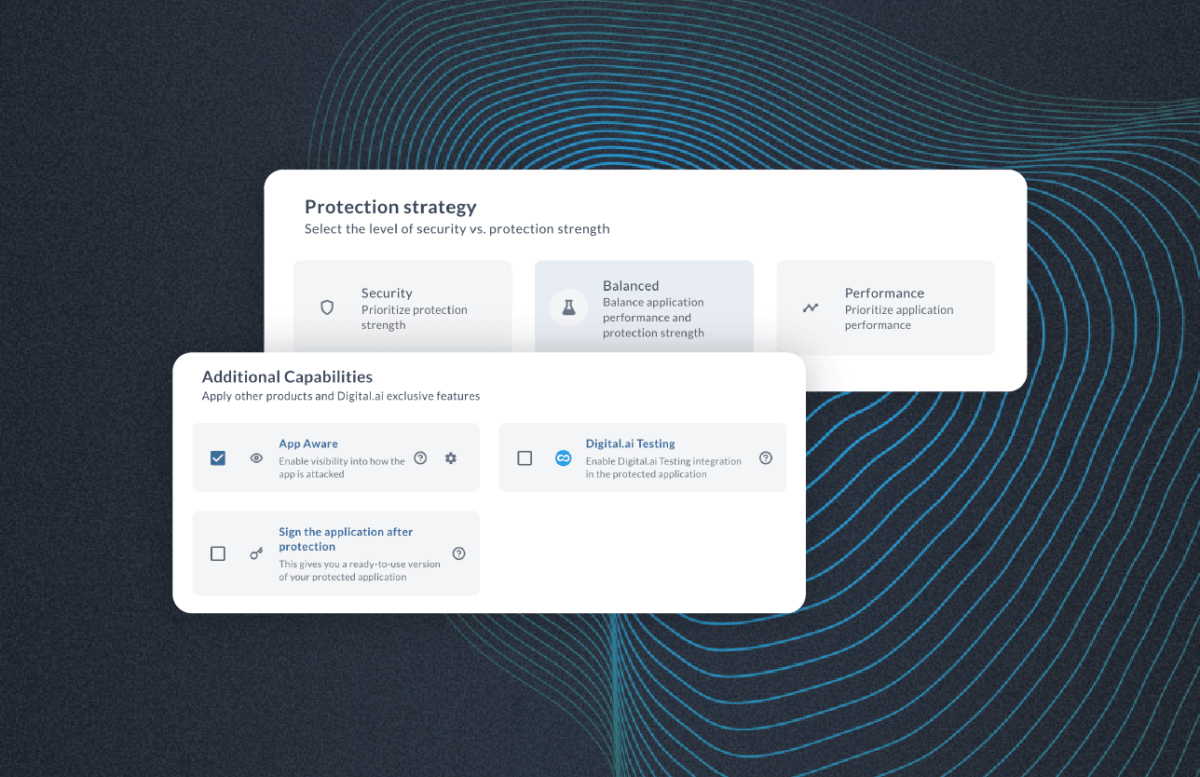Table of Contents
Related Blogs
We know all about the technical skills that QA and test automation engineers need to be great at their jobs. What about soft skills? Read on to find out.
If you look at a job listing for QA or test automation professionals, the list of technical skills and experience is almost exhausting. Missing, though, are what are called soft skills. These software testing skills are more routinely classified as personality traits or habits, but that does not mean that they are any less important. Even if they aren’t listed on the job offer, the people interviewing you will have a keen eye on how you answer certain questions. This is true across any industry but especially true in the world of continuous testing and test automation engineering.
Job descriptions want to-the-point information like your degree and years of relevant work experience. They want to know how familiar you are with databases and environments, see your scripting skills, and your knowledge of QA processes. There is no real place to put your soft skills except perhaps for somewhere at the bottom in a section of the CV or resume that most people don’t read. How do I know that? In my cv, I listed “dank memes” as an additional skill and no one has ever asked me about it.
You might find a job listing that mentions communication skills. They are usually only referring to putting together a testing plan, or converse with developers in their own language.
It is true that testers must understand the technical nature of their web and mobile apps. They must also ask the right questions and communicate with more than just the developers to stay relevant in their positions.
Let’s take a look at some of the more surprising software testing skills necessary for QA and test automation engineers.
Analytical and rational thought
Testers need to understand and analyze detailed and technical concepts. That is step one. They must also be able to apply those concepts logically and with confidence. Having the ability to look at a given testing situation, break it down, take a look at all the parts, and build a solution is one of the key software testing skills that goes beyond technical knowledge.
Obviously, technical acumen is necessary but rationality analysis and logic are learned skills that will help you understand the app from the inside out, and recognize when something is not working as it should. With this skill in hand, QA testers are fully prepared to hone the next soft skill on this list.
How and when to ask the “right” questions
Every QA project is different. When you start a new one, it always helps to ask a few basic questions relating to:
- Application usage
- Potential end customers
- Times of peak app use
- Common device/OS configurations
Not starting with these basic questions will definitely introduce a factor of risk into your development projects. Once you know what an app’s purpose and customer base are going to be then you can proceed correctly. You might learn something that makes performance testing essential — maybe it will mean more security testing. Once you know which devices/OSs the customers will use you can also eliminate some of the configurations from your continuous testing.
Since your questions can affect the app’s quality, it is important not only to ask questions but also to understand when to take a step back and when to dive deeper.
Listen up
Once your question asking skills have developed you should work on your listening skills. The most important piece of this skill is the ability to truly listen without interruption. If you can combine listening and technical skills, finding bugs and defects becomes easier. Sounds too good to be true? Not at all. By listening to developers explain their approach to developing their apps you will understand where some of the highest risk areas are.
Take that communication right up the chain
Knowing how to talk and listen to developers is important but that communication needs to bridge the gap between technical and business roles. QA managers need to update company executives on the SDLC. That means informing them about all manner of technical items but also being able to translate them into relevant business information. The best part is that when the high-ups understand your gains clearly they will think highly of you and your teams.
There is also the potential for friction with business leaders. Customers expect new apps and updates that improve their experience and no one feels that pressure more than business stakeholders. Since QA is usually the last stop before release, they receive the brunt of that pressure.
Even if you have communicated the situation well to them, QA is often blamed for delays. The skill here is in your ability to negotiate and not give in to the pressure. The hard part is when people think that QA is a non-essential task. So dealing with them while also remaining steadfast in your desire for app quality is important.
Communicate and then collaborate
Everyone who has a role in the SDLC needs to work together. That is not always the case, of course, even in a non-siloed agile or DevOps project. There are different and common ways to try to promote these different roles to get along and then go along. Certainly, daily standups, regular meetings, and video chats help.
The thing is that interpersonal skills are so important. Sure, you can talk and listen at a meeting but can you chat with a developer casually around the water cooler about their thought process and development style? Understanding that will give you insights into your application that you will not get from meetings or documentation.
Get creative
The job is mostly about testing the product. Mostly, but not all. Developers sometimes miss things, and a QA tester’s creative thinking should help identify that and take charge of the situation. This rational honesty is a great soft skill to have. It gives testers the ability to question complex development situations, process the answers, and move forward. The end result is always a higher quality product.
Bedside manner
We know that internal communication skills are necessary — that is obvious. A true Renaissance tester should also have the ability to respond to customer inquiries. Testers should use their communication skills to present clear customer communication. In turn, their well-honed listening skills will go a long way in helping them accept customer feedback with good nature and respond with clear explanations and solutions. This skill not only raises a tester’s level within the team but even within the organization at large.
The softest software testing skills create the hardest testers
QA testers’ skills will vary from person to person — that much is obvious. However, when making a space for yourself in an organization, or perhaps while interviewing for a new position, it will be your soft skills that make the difference.
In this article, we discussed the essential and, frankly, surprising software testing skills that testers need from a non-technical perspective. The main goal is the ability to identify issues and communicate them between technical and non-technical roles. The difficulties that HR managers have in finding the right testers usually amount to having the right soft skills as technical skills will help you get the interview, but not necessarily the job.
For a closer look into what makes Continuous Testing work, check out the solution brief.
Are you ready to scale your enterprise?
Explore
What's New In The World of Digital.ai
Automating QA for Automotive Applications
Whether you’re building a music app, an EV charging service,…
When AI Accelerates Everything, Security Has to Get Smarter
Software delivery has entered a new phase. Since 2022, AI-driven…
The Invisible Wall: Why Secured Apps Break Test Automation
Modern mobile apps are more protected than ever. And that’s…




